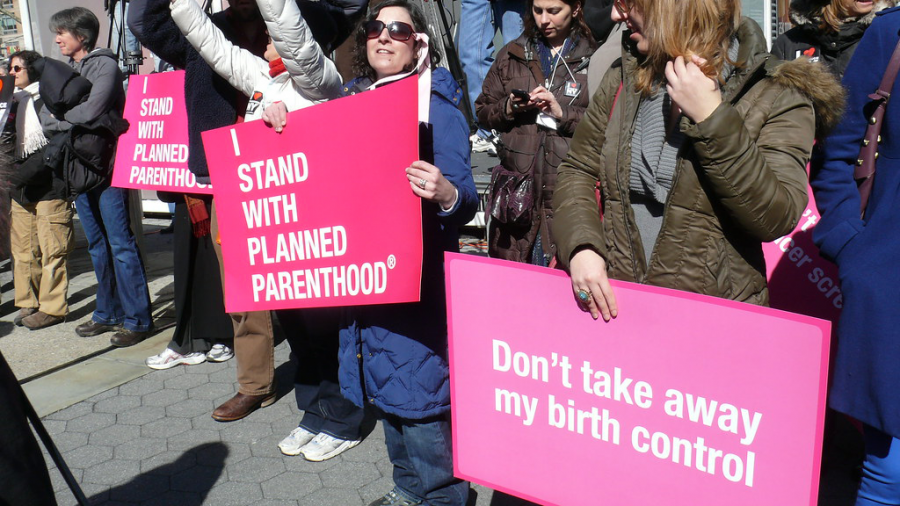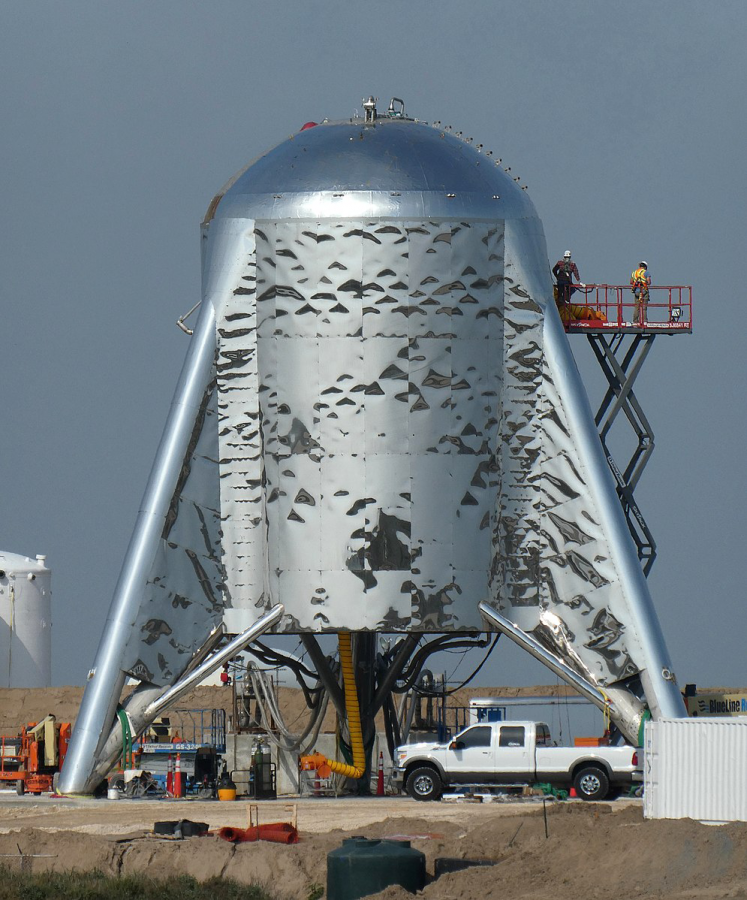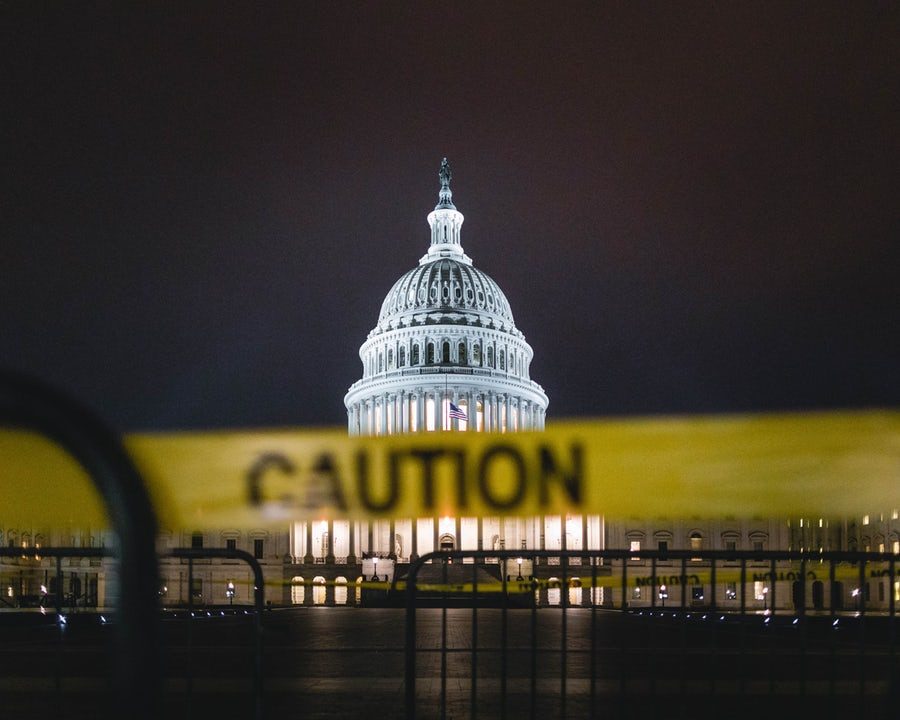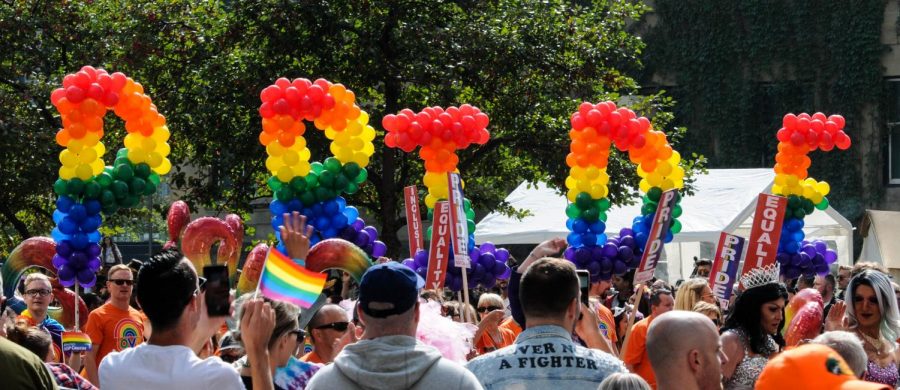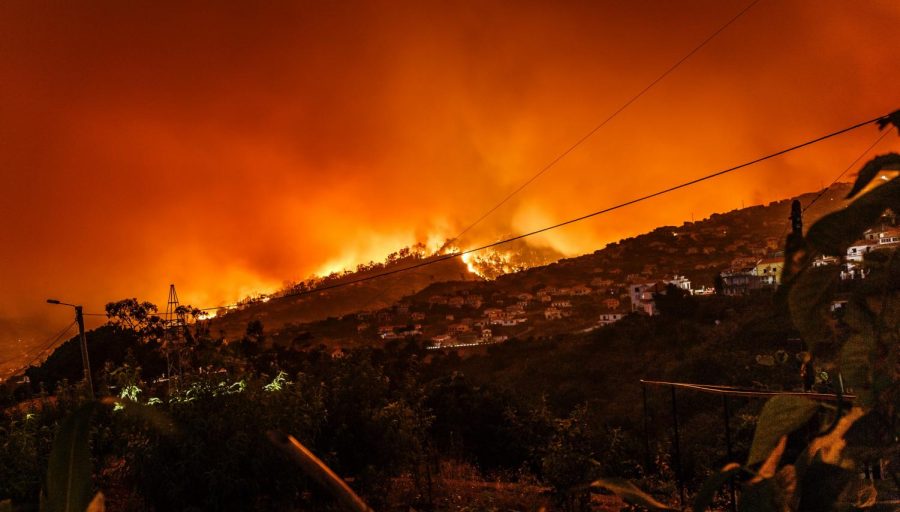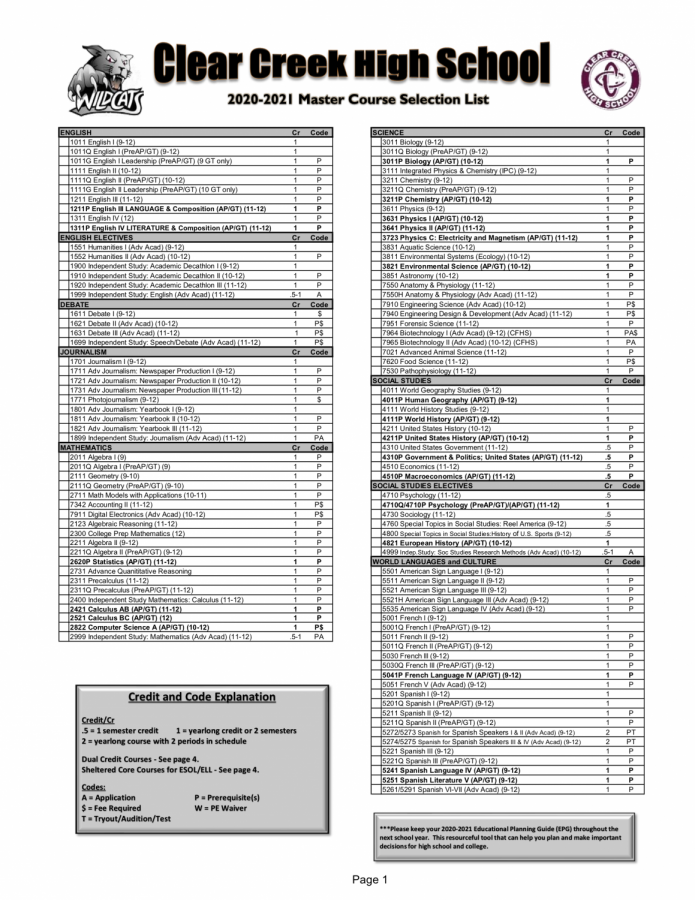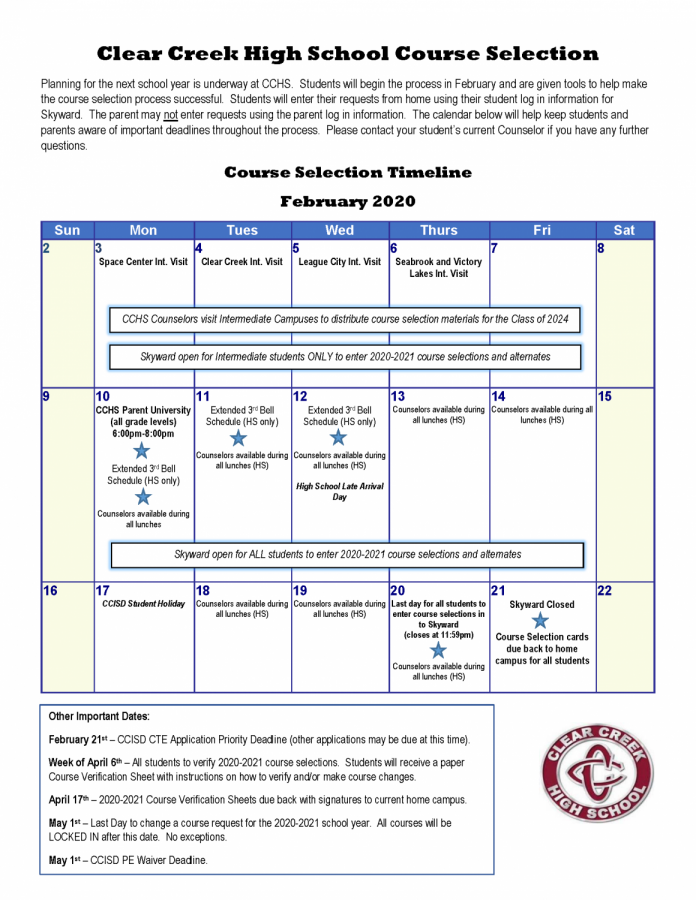Ford and Kavanaugh Hearing
October 29, 2018
The hearing about Dr. Christine Blasey Ford’s sexual assault case against Brett Kavanaugh recently took place with United States senators overseeing and questioning the defendant, the accused and plaintiff, the accuser. Dr. Ford and Kavanaugh presented their testimony on the knowledge and recollection of the assault on September 27. The hearing lasted several hours and made political and ethical history for those involved in the #MeToo movement.
Dr. Ford recently came forward in a letter to the ranking member, Senator Dianne Feinstein, in July accusing Kavanaugh of sexually assaulting her when the two were both in high school. She explained that when she was younger she would spend most of her summers at the Columbia Country Club in Chevy Chase, Maryland. Dr. Ford said she met many kids and families from different areas there, one of them being Kavanaugh. One evening that summer she attended a party in which Kavanaugh was also present, stating he was already “visibly drunk” once he arrived at the party. According to Dr. Ford, when she went upstairs during the party to use the restroom, Kavanaugh and his friend, Mark Judge, forced her into a room where the assault took place. Dr. Ford said that there was a moment when Kavanaugh and Judge were laughing, not paying attention, that she was able to run away and lock herself in the bathroom across the room they had pushed her into.
“I tried to yell for help. When I did, Brett put his hand over my mouth to stop me from yelling. This is what terrified me the most, and has had the most lasting impact on my life. It was hard for me to breathe, and I thought that Brett was accidentally going to kill me,” Dr. Ford, in her opening statement, said.
Dr. Ford and her husband, Russel Ford, attended a couple’s therapy session back in May 2012, where the details of her assault arose. The couple had fought over having a second front door during their “long” and “extensive” remodel of their home. This is when Dr. Ford explained her reasoning for wanting a second front door and the topic of her assault came to be.
“I recall saying that the boy who assaulted me could someday be on the U.S. Supreme Court, and spoke a bit about his background at an elitist all-boys school in Bethesda, Maryland. My husband recalls that I named my attacker as Brett Kavanaugh,” Dr. Ford, said.
When Dr. Ford discovered in July that Kavanaugh was on the short-list of Supreme Court nominees, she felt it was her “civic duty” to tell the memory of her assault. She went on to call her congressional representative and told the receptionist that someone on the list had attacked her, along with sending a tip into The Washington Post.Dr. Ford eventually met with Congress woman Anna Eshoo’s staff and discussed the 1980 assault. A letter recounting the assault was later sent to Senator Feinstein’s office on July 30 and a reply was sent back on August 31 stating the information of the assault would be kept confidential.
After opening statements were made at the recent hearing, Rachel Mitchell, a member of counsel, went on to ask Dr. Ford a few questions regarding evidence, such as the letter and polygraph test she recently took from the time of the assault. She asked questions regarding the details of the night of the supposed assault and if there was any chance Dr. Ford had been on any kind of medication and happened to mistake the person who assaulted her for Kavanaugh. Senators such as Ted Cruz, John Kennedy, Mazie K. Hirono, Cory Booker and Kamala Harris, jumped in to ask questions and/or kindly state their agreeance or opposition with Dr. Ford.
“Dr. Ford, I can only speak as one of 21 senators here, but I thank you very much for your testimony, more importantly, for your bravery coming out, and trying to answer our questions as best you could remember. Thank you very much,” Senator Charles E. Grassley, the chairman of the council, whilst ending Dr. Ford’s hearing, said.
Once a short break had been taken, Kavanaugh and other senators soon made their opening statements. Grassley began by restating information from Dr. Ford’s hearing and started to swear Kavanaugh in under oath. Kavanaugh then explained how Dr. Ford’s allegations against him have changed himself and his family. “The day after the allegation appeared, I told this committee that I wanted a hearing as soon as possible to clear my name. I demanded a hearing for the very next day. Unfortunately, it took the committee 10 days to get to this hearing. In those 10 long days, as was predictable, and as I predicted, my family and my name have been totally and permanently destroyed by vicious and false additional accusations. The 10-day delay has been harmful to me and my family, to the Supreme Court and to the country,” Kavanaugh said. Kavanaugh explained his childhood background along with his side of the story regarding the assault, saying how he has no memory of being at a gathering with Dr. Ford and the other witnesses mentioned, as he kept thorough calendars from his youth. He explained that he created lasting female friendships from high school and sexual assault was not in his character. “Brett was an advocate for young women like me. He encouraged me to take on more responsibility and to feel confident in my role. In fact, during the 2004 Republican National Convention, Brett gave me the opportunity to help with the preparation and review of the president’s remarks, something I never would have had the chance to do if he had not included me. And he didn’t just include me in the work. He made sure I was at Madison Square Garden to watch the president’s speech, instead of back at the hotel, watching it on TV,” Sarah Day, Oval Office operations worker, said. Many watching the hearing live were upset with the fact that Kavanaugh was not treated the same as Dr. Ford, in the sense that she had to answer any and all questions. Whereas, some senators stepped in for Kavanaugh saying they should just move on to the next question if he was not going to answer. Mitchell began questioning by asking for background information on the relationships Kavanaugh and Dr. Ford share. Senator Booker discussed with Kavanaugh about his thoughts on the LGBTQ+ community. Senator Harris also went on to question Kavanaugh’s connections to the Mueller investigation, in which Kavanaugh chose not to answer. Even Senator Richard J. Durbin, the Assistant Democratic Leader, started grilling Kavanaugh over his opening statement saying how it was “impassionate” and the hearing should wait until “the FBI completes its investigation of the charges made by Dr. Ford and others.” Although many senators had things to discuss, unlike Dr. Ford’s hearing, Kavanaugh’s ended quite abruptly with Grassley only saying thank you at the very end of Senator Kennedy’s questioning.
With both hearings completed, many U.S. citizens have taken sides. Kavanaugh’s Supreme Court nomination was discussed for days, in order to determine whether or not he can keep it. After much discussion, on October 6, Kavanaugh was sworn in as the next Supreme Court judge. This has left many distraught, hoping Kavanaugh will soon be impeached, but also some ecstatic, wanting his new spot as a Supreme Court judge, to stay.




